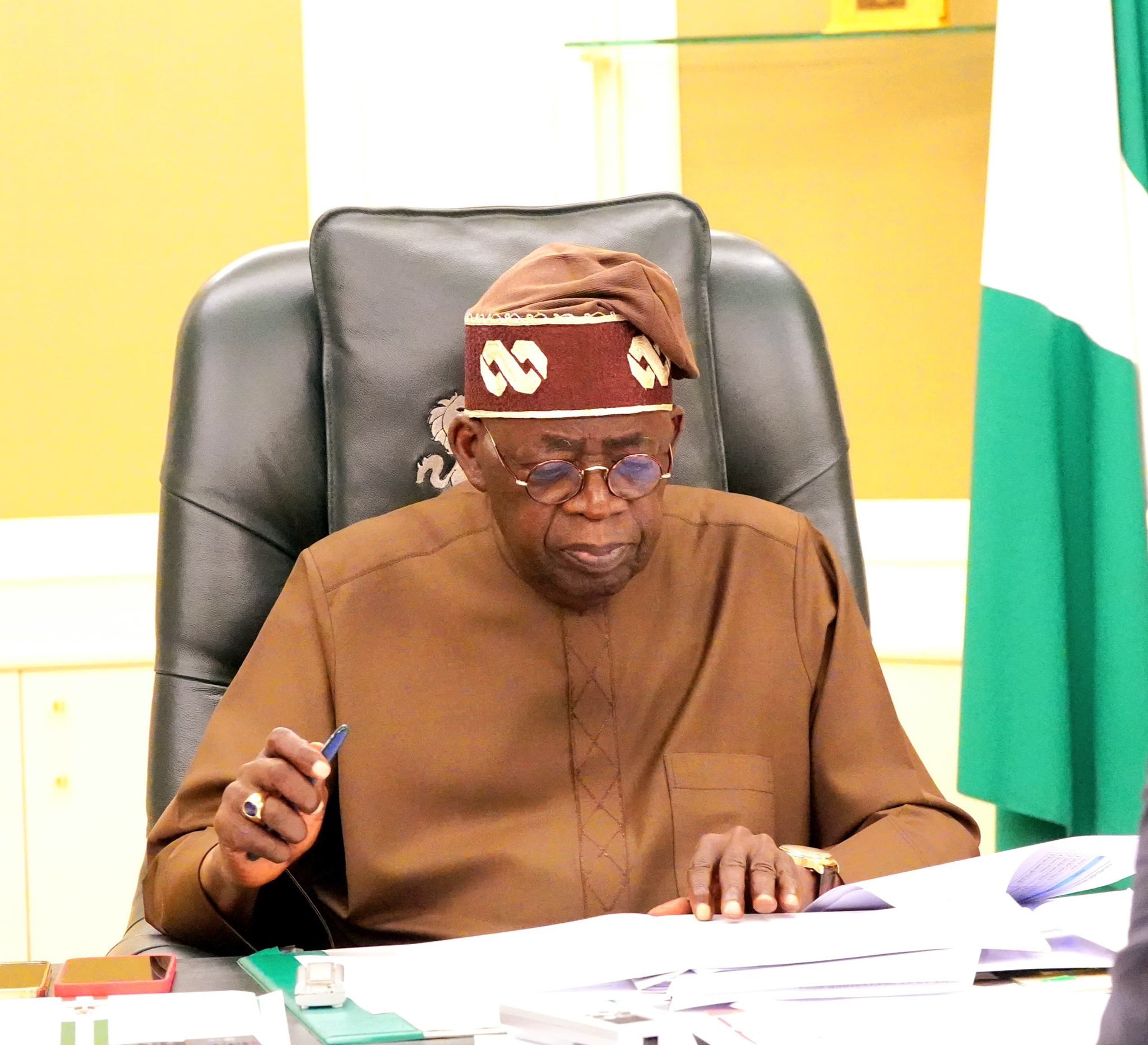By Nafiu Toyin Abdulqadri
The Federal Government of Nigeria has announced a significant overhaul of its education system, scrapping Junior Secondary School (JSS) and Senior Secondary Schools (SSS) to introduce a compulsory 12-year uninterrupted basic education model.
This move aims to provide students with uninterrupted learning until the age of 16, in line with global best practices.
The new policy seeks to replace the existing 6-3-3-4 education system with a 12-4 model, where students undergo 12 years of basic education followed by four years of tertiary education.
The government has also proposed adopting 16 years as the minimum entry age requirement for tertiary institutions, subject to approval by the National Council on Education.
According to Minister of Education, Dr. Tunji Alausa, this reform will reduce dropout rates, eliminate financial and systemic barriers, and provide students with a standardized curriculum. The extended basic education period will also facilitate early exposure to vocational and entrepreneurial skills, preparing students for higher education and employment.

Honourable Minister of Education, Federal Republic of Nigeria


